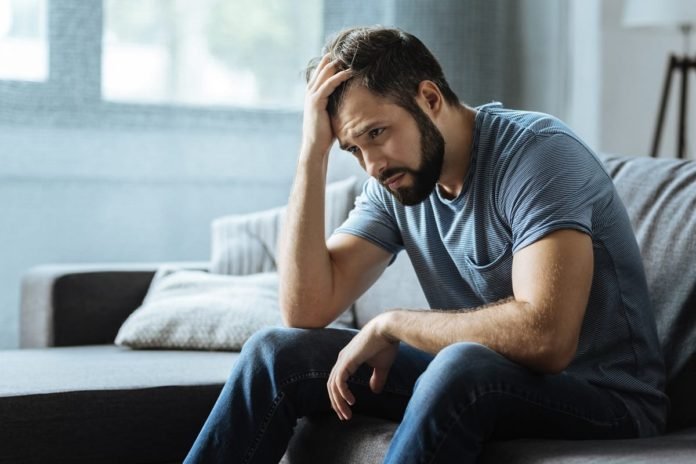The United States is in the midst of the opioid epidemic. Fortunately, with society’s increased acceptance of mental health issues, seeking help is easier than ever. Although recovering from substance use disorder is never easy, these opioid addiction treatment options can help people who use drugs achieve recovery.
Visiting a Medical Detox Facility
After prolonged, regular use, some drugs can cause dependence. Without these drugs in people’s systems, they experience withdrawal. Opioids are notorious for causing painful physical withdrawal symptoms. According to AION Health, “patients withdrawing from opioids can experience a range of symptoms that can last a few days to a few weeks.” These symptoms may include intense body aches, non-stop diarrhea, increased blood pressure and heart rate, insomnia, nausea, tremors, and vomiting.
Detox facilities intensively monitor patients and use non-opioid medications to ease their opioid withdrawal symptoms. Many people who suffer from opioid addiction keep using solely to avoid opioid withdrawal syndrome, not because they enjoy using drugs.
Asking Loved Ones for Help
Humans, even the most isolated, introverted people, are social creatures. Many people in active addiction neglect their family members, friends, and peers. They carelessly burn these relationships in favor of drugs.
People who use opioids can rekindle once-strong relationships with loved ones. Most are willing to forgive their opioid-addicted friends and family members if they make an effort to stop using opioids.
Building strong, healthy social support systems is essential to long-term recovery. Asking for help from loved ones is often the first step people take in recovering from opioid addiction.
Addressing Co-Occurring Mental Health Issues
Many reasonable-minded, rational people find themselves addicted to opioids. Unknowingly, they use opioids to address the symptoms of mental health issues or fulfill long-unmet needs that date back to childhood.
Addressing these mental health issues or psychological needs will behoove anybody who hopes to recover from opioid addiction.
Attempting to resolve these issues without medical help is often futile. Oftentimes, people who want to recover from addiction aren’t aware of their mental health diagnoses or how to treat them.
Mental health professionals, including counselors and psychologists, are trained to diagnose and address clients’ co-occurring mental health disorders. Despite their expertise, many Americans are apprehensive about receiving mental health treatment.
These providers are legally required to keep clients’ names, diagnoses, and discussions confidential. Many licensed drug and alcohol counselors have recovered from addiction themselves.
Developing Hobbies and Interests
Although this isn’t true for everybody who deals with substance use disorder, many lose their hobbies and interests as their addictions worsen. When starting the recovery process, countless recovering addicts aren’t interested in picking up old hobbies.
Recovering addicts should try to discover new hobbies they might be interested in. As the saying goes, idle hands are the devil’s hands.
Medication-Assisted Treatment
Medication-assisted treatment (MAT) combines opioid replacement drugs like Suboxone and methadone with mental health therapy to help patients recover. Currently, MAT is considered the gold standard for opioid addiction treatment.
Although recovering from opioid addiction is challenging, these five treatment options improve patients’ chances of reaching long-term recovery.








